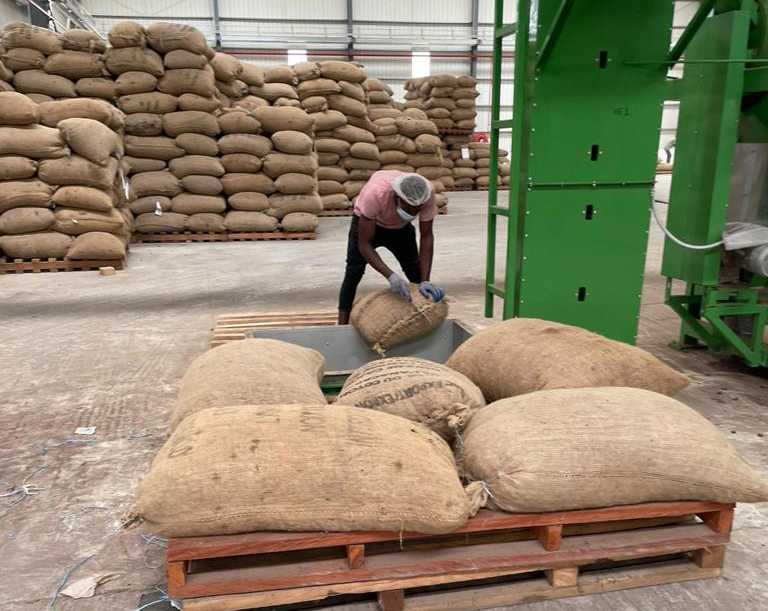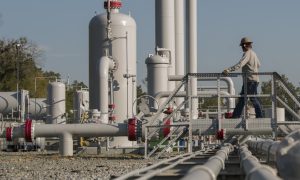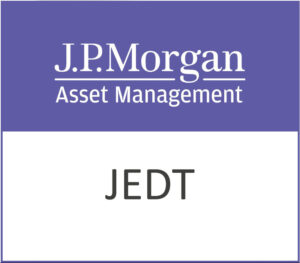A soft undercurrent has begun to ripple through Asia’s key commodity hubs, nudging palm oil into a zone of unexpected vigour. Traders have sensed a nuanced alignment of global influences that promises more than routine oscillations, setting the stage for an intriguing chapter in edible oils.
Futures in Kuala Lumpur climbed as benchmark prices for rival oils followed the broader energy complex higher. Crude oil’s upturn infused vegetable oils with a renewed sense of direction, drawing palm oil into the wake of petroleum-driven buying interest. The linkage of edible and energy markets has grown more pronounced, creating an environment in which palm oil stands to benefit from shifts in fuel dynamics as much as culinary demand.
This month’s rally traces its origins to a slight softening in Malaysia’s currency, which rendered local supplies more affordable for foreign buyers. At the same time, stock levels remain snug after a period of cautious production guidance from Southeast Asian growers. With inventories positioned at leaner levels than many analysts anticipated, a small uptick in export commitments can trigger a tangible uptick in futures. Buyers in India and China, traditionally the largest importers, have resumed purchasing ahead of festival seasons, adding another layer of momentum to the market.
Underlying these developments, soybean and rapeseed oil markets in Chicago and Paris have drifted into positive territory. A switch in funds from grains into oils has lent additional support to the group. As funds chase yield and diversification, palm oil has become a convenient vehicle for allocating capital across the agricultural spectrum. The interconnection between energy and agricultural commodities has sharpened in recent weeks, and palm oil sits squarely at that crossroads.
Meanwhile, Malaysia’s production outlook has eased back after recent rain delays in key growing regions. While heavy monsoon rains initially stoked fears of broader supply disruptions, the industry has so far managed to keep crushers operating at near‐normal rates. Tolerant of volatile weather, oil palms rebounded quickly, but the memory of those disruptions has heightened traders’ sensitivity to any further logistical hiccups. It means that even a hint of slower output can carry a heavier premium than before.
On the demand side, biofuel blending mandates across Europe and Southeast Asia have embarked on gradual tightening. While crude’s rally has drawn most headlines, the slow but steady policy tailwinds for renewable diesel have remained in the background, waiting to reshape consumption patterns. Palm oil’s suitability as a feedstock for biodiesel means it can capture more of that policy‐driven flow, particularly once refiners in Indonesia and Malaysia complete upgrades to meet stricter environmental criteria.
Chinese buying has been a talking point as well. With futures on the Dalian exchange trading near recent highs, speculative interest has bled into Malaysian markets. The yuan’s resilience and a modest uptick in domestic crush margins have encouraged processors to step up procurements, adding another layer of support for global benchmark prices. Traders are now watching whether this cross‐border interplay deepens or if profit‐taking in Dalian will spill back into Kuala Lumpur.
Fuelled by geopolitics, global shipping rates have crept higher, nudging transport costs for bulk commodities upward. In an age where supply chains remain susceptible to disruption, every increase in freight rates can ripple through landed costs for key buyers. That dynamic gives exporters an additional buffer against sudden price dips, contributing to the market’s newfound buoyancy.
As the rally matures, investors will be watching export data for clues on whether demand can sustain these gains. The usual suspects, India’s large retail import programme and China’s independent refiners, will set the tone. Should either accelerate purchases, palm oil could extend its run; if either opts to tap local reserves or alternative oils, the market may face a retrenchment. For now, however, the confluence of energy markets, currency movements and policy tailwinds suggests palm oil is poised to remain in an elevated trading range.
Dekel Agri-Vision PLC (LON:DKL) aspires to become a leading agro-industrial company in West Africa, one that creates value for shareholders whilst at all times placing the interests of the local communities and environment in which it operates in at the heart of its operations.








































